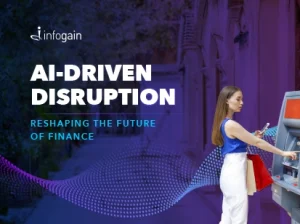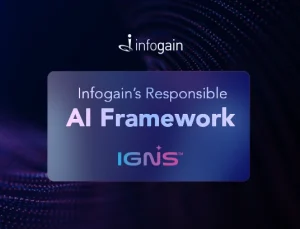- Posted on : January 10, 2021
-
- Industry : Travel and Hospitality
- Type: Blog

The single most significant change the pandemic has brought about is an ever-increasing focus on health and safety concerns. Consumer fears over public health exceed their worries over job security. 82% of the survey consumers revealed that they were concerned for others' health, while 64% expressed concerns over personal health. Companies in the sector are investing in technology and other measures that will enable the delivery of services that meet the newly defined safety standards.
A notable feature of the incorporation of safety measures is the move towards contactless services. There has been a 90% uptick in handwashing habits during the pandemic, with governments worldwide emphasizing the importance of personal care and hygiene. There has also been a change in personal habits such as cleaning practices; over 85% of consumers revealing that they plan to continue these practices post the pandemic.
But what does this shift mean for the travel and hospitality industry? Hospitality companies are now equipping themselves with technologies such as 'digital concierges' and 'non-hotel check-ins' to allow self-service, contactless environments that enable greater consumer independence and fewer hassles while also saving time and costs. Criton found that 80% of the respondents expressed a preference for checking-in and checking-out of a hotel through a mobile application.
Contactless experiences are not limited to the hospitality segment but also have the potential to expand to the travel segment with voice-control technologies, infra-red scanners, cameras, and touchless payment methods becoming the norm at airports.
However, this self-service environment has warranted the creation of tools and services to fill the gaps in the existing processes to ensure ease and simplicity in the consumer journey. Research insights suggest that consumers prefer to engage in self-service, especially in the post-pandemic era, but they do not want to jump through hoops to do so. Thus, to enhance the consumer experience by prioritizing convenience, various companies now offer solutions to make travel bookings and accommodation facilities a shorter, time-saving process. Additionally, some companies also provide accommodation segment technologies such as communication platforms that operate on Alexa, Google Assistant, and similar voice-enabled devices.
An important question to address is if all businesses are complying with these new trends, how does one differentiate from the competition? This is where two other trends emerge. To gain an edge, enhancing consumer experience across all touchpoints in the process is of crucial importance.
The tourism industry contributes 8% of the total greenhouse gas emissions. With the growing concerns about global climate change, consumer behavior has experienced a shift. People are now more conscious of the impact of their purchase decisions on the environment. Thus, businesses must include sustainability practices as an important goal.
Personalization has also been identified as a measure to attract consumers and a necessary step towards building loyalty. Factors such as trust and the delivery of safe and memorable experiences are now just as important as price, and they are increasingly driving consumer behavior. A study by Formation found that 79% of consumers expressed loyalty to brands offering a greater degree of personalization.
Businesses must provide consumer-centric services to keep pace with rising consumer expectations. Some companies have already taken steps in this direction. One such example is a travel subscription service provider that handles everything from bookings to research to planning a trip from the customers. To further enhance the journey and appeal to the adventure-driven, spontaneous millennial generation, the company offers inexpensive, tailored-to-their-tastes trips. One can simply pay a small subscription amount each month, and the platform offers them three trips a year that includes travel and stay, to a location that matches their interests. The consumer only has to select the dates on which they want to travel, and the rest is taken care of.
Covid-19 has called for major disruptions in the industry, and having a responsible travel strategy in place will be a key differentiator for businesses. With growing consumer awareness about climate change and its impact, making sustainable development goals a part of the core strategy will be crucial for the sector as the world moves towards an era of responsible travel.
In conclusion, it can be said that the hospitality sector has embarked on large-scale digital transformation to deliver an unparalleled experience to customers while ensuring safety. The adoption of mobile applications, contactless services, and personalization is and will remain the growing trend, and these features have now become key criteria for customers as they choose their travel plans.









